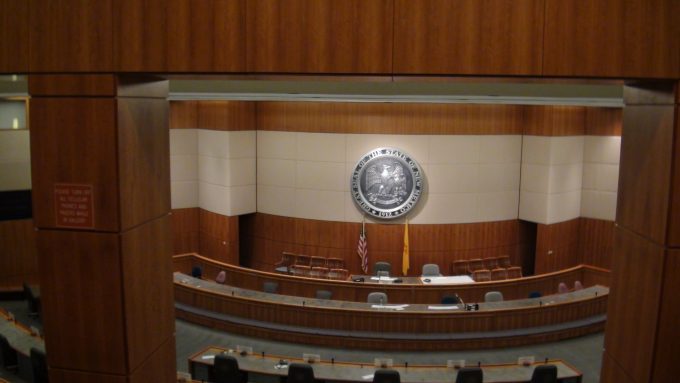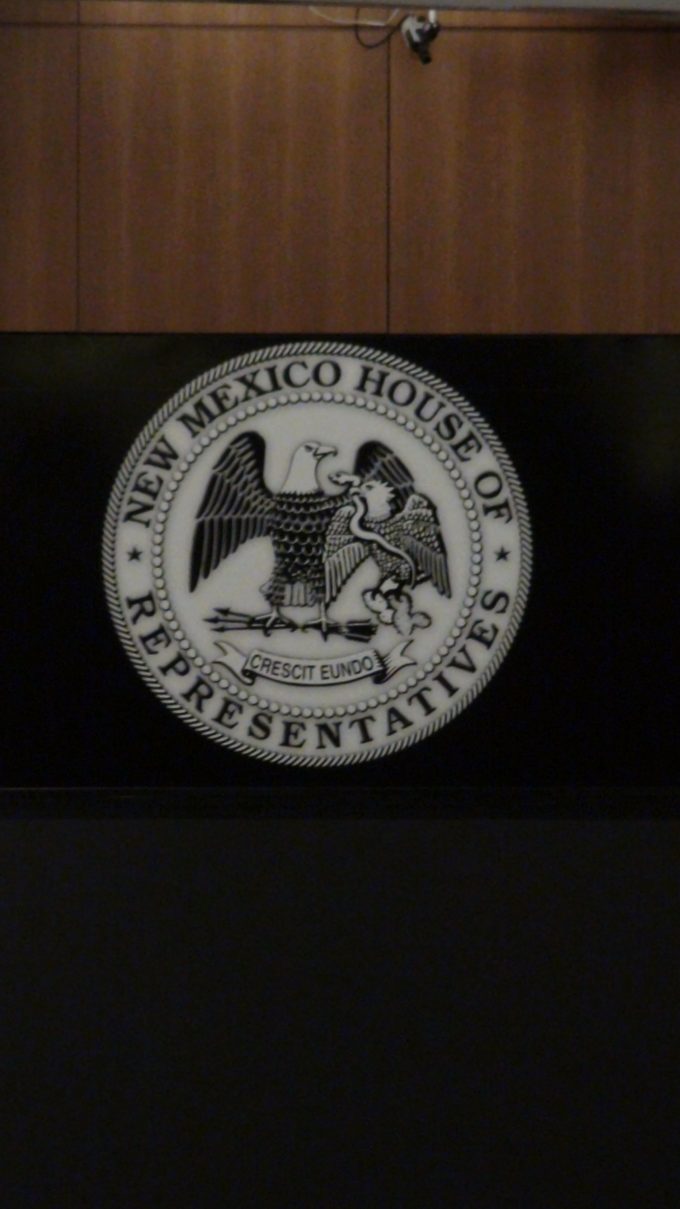
Saturday, 5 January 2019
For where there is a testament, there must also of necessity be the death of the testator. Hebrews 9:16
Note: It is highly debated whether this should read “testament” or “covenant.” Some translations state, “will,” to reflect the idea of a testament. The fact that the author’s entire thought has been concerning the covenant previously enacted and described, and that this is addressed to the Hebrews, among whom the covenant was made, and to whom the New Covenant is being introduced, the term “covenant” is certainly the author’s intent. He has been speaking of the sacrificial animals, typical of Christ, and now he turns to the main Subject, Christ, as the sacrifice – proved by His death.
Noted scholars on both sides of the issue give their cases for which word is correct, but in a study of both sides, the surety that “covenant” is appropriate is realized. To see this, scholars such as Charles Ellicott and Albert Barnes (among others) should be referred to. The entire thought, both before this verse and in the words to come, demonstrate that the author is referring to the introduction of the New Covenant, not the receiving of an inheritance. Young’s Literal Translation rightly says, “for where a covenant is, the death of the covenant-victim to come in is necessary.” If your translation says, “testament,” or “will,” make a margin note. It should read, “covenant.” With that understood, the author says, “For.”
It is speaking of those things he has said to this point concerning the introduction of the New Covenant as a replacement for the Old Covenant. This was highlighted by the words of the previous verse which say, “And for this reason He is the Mediator of the new covenant, by means of death, for the redemption of the transgressions under the first covenant.” Understanding this, he says, “For where there is a [covenant].”
This is speaking of the New Covenant which is introduced as a replacement of the Old. Of this, there can be no doubt. As a New Covenant is being introduced, “there must also of necessity be the death of the testator.” To ensure what is said is properly understood, we will stick with Young’s usage and say, “the death of the covenant-victim.”
In order to establish a covenant, there must be a death which solidifies the making of the covenant. This was seen in the covenant made with Abraham –
“So He said to him, “Bring Me a three-year-old heifer, a three-year-old female goat, a three-year-old ram, a turtledove, and a young pigeon.” 10 Then he brought all these to Him and cut them in two, down the middle, and placed each piece opposite the other; but he did not cut the birds in two.” Genesis 15:9, 10
This was seen in the Mosaic Covenant –
“Then he sent young men of the children of Israel, who offered burnt offerings and sacrificed peace offerings of oxen to the Lord. 6 And Moses took half the blood and put it in basins, and half the blood he sprinkled on the altar. 7 Then he took the Book of the Covenant and read in the hearing of the people. And they said, “All that the Lord has said we will do, and be obedient.” 8 And Moses took the blood, sprinkled it on the people, and said, “This is the blood of the covenant which the Lord has made with you according to all these words.” Exodus 24:5-8
Even Jeremiah refers to this practice in Jeremiah 34:18. Death was called for at the introduction of these covenants, in order to ratify what was being covenanted. This is what is being spoken of now in Hebrews. Christ fulfilled the Old Covenant, and then He instituted the New Covenant. And what did He Himself says concerning this? It is recorded in Matthew 26, Mark 14, and Luke 22 – which Paul substantially repeats in 1 Corinthians 11. Christ said on the night before His crucifixion, “This cup is the new covenant in My blood, which is shed for you” (Luke 22:20).
In fact, Paul goes on to explain this with the words –
“This cup is the new covenant in My blood. This do, as often as you drink it, in remembrance of Me.”
26 For as often as you eat this bread and drink this cup, you proclaim the Lord’s death till He comes.” 1 Corinthians 11:25, 26
The case of correct terminology is settled in the idea of “covenant” by the words of the Lord, and through the hand of both Paul and the author of Hebrews (be it Paul or another). The Lord died in order to introduce a New Covenant. We take the Lord’s Supper to acknowledge that fact, and in honor of what He has done. It is He who is the covenant-victim who died to grant us the grace of God in Himself.
Life application: As is seen, and as is recorded in Scripture, the death of Jesus Christ accomplished two opposing things at the same time. First, He died in fulfillment of the Old Covenant, and secondly, He died to initiate the New Covenant. Jesus’ death was necessary for there to be a New Covenant. This is because the first covenant was already in place and was sealed, as will be seen in the coming verses. Only a more perfect Sacrifice could replace the Old Covenant where the blood used for it was ordained by God as befitting such an agreement. Therefore, only a more perfect blood – that of a sinless Man – could replace what was in effect. Hence, Jesus’ perfect, sinless life was given to nullify the Old Covenant and establish the New. As Paul noted in his directions, when we participate in the Lord’s Supper, we “proclaim the Lord’s death until He comes.” This is one of only two mandated ordinances in the Bible – the other being baptism. If you have never participated in baptism, or if you don’t frequently participate in the Lord’s Supper, make a commitment today to do so.
Lord God, for those of us who have called on Jesus as Lord, may we be responsible, obedient followers by being baptized as You have so commanded us; and then may we regularly partake in the Lord’s Supper as we have been instructed in Your word. If we fail to do these simple things, then are we truly being obedient to You? May we walk in accord with Your precepts, and be faithful disciples all our days. Amen.




